This website uses cookies so that we can provide you with the best user experience possible. Cookie information is stored in your browser and performs functions such as recognising you when you return to our website and helping our team to understand which sections of the website you find most interesting and useful.
Sir Ranulph Fiennes: a life of adventure
By Michelle Johnson | 27 August 2022 | Travel
The enigmatic adventurer offers a glimpse into his inner world in his intimate new documentary film, Explorer
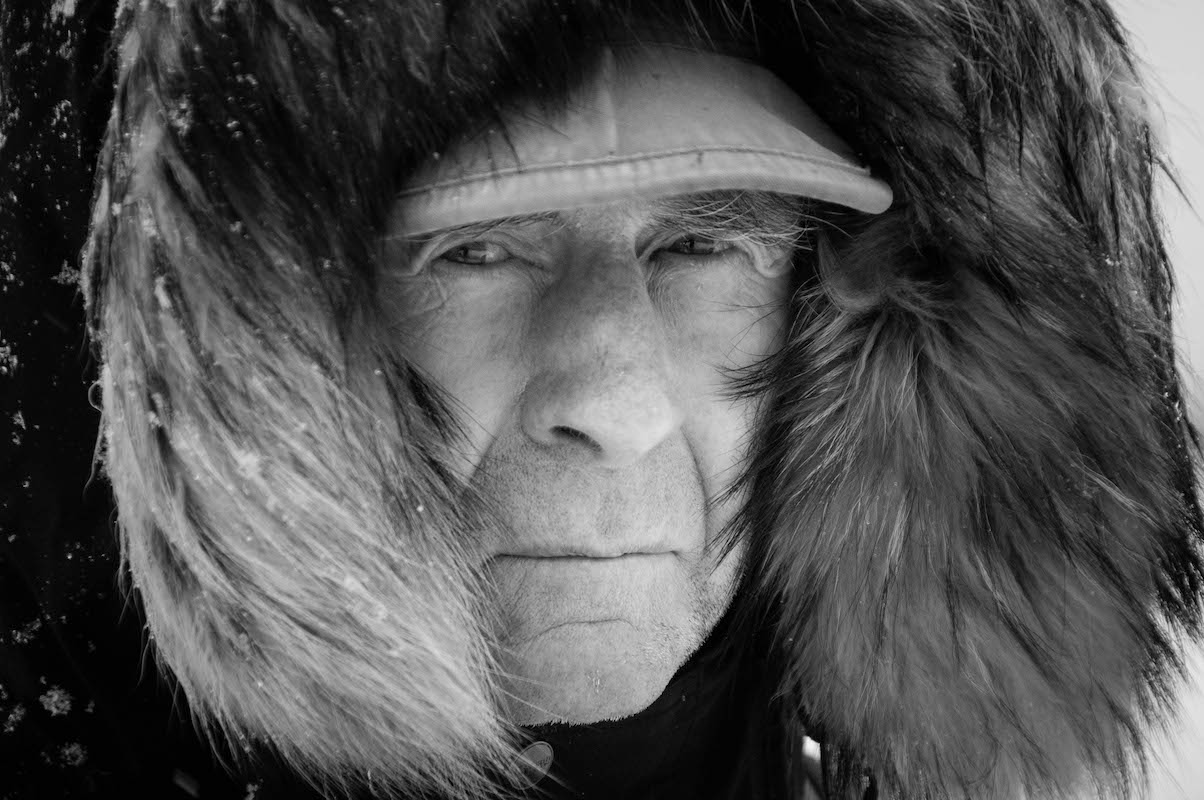
Sir Ranulph Fiennes is an enigmatic presence. Like still water, he is calm and practical, imbued with an unflappable pragmatism that inspires and surprises when you hear of his remarkable feats. Yet, dive deeper, and the explorer – who prefers to be known simply as Ran – is full of good humour and passion for all he does.
Once you consider the great man’s history it’s clear that this mix is the key to his success. And it’s an impressive resume to say the least: eight years service in the British Army; the first person to navigate the world from North to South Pole by surface; the first to cross Antarctica on foot; as well as reaching the summit of Mount Everest at the age of 65. But between these accomplishments were false starts and failed expeditions, pitching and planning expeditions, and a few disasters – including, in 2000, an encounter with frostbite so severe that Sir Ranulph, impatient with the pain, amputated his own three necrotic fingertips off with an electric fretsaw.
Now 78, Sir Ranulph has invited filmmaker Matthew Dyas unmitigated access to his archives, friends, and innermost thoughts to create a documentary that delves inside the mind of the world’s greatest explorer.
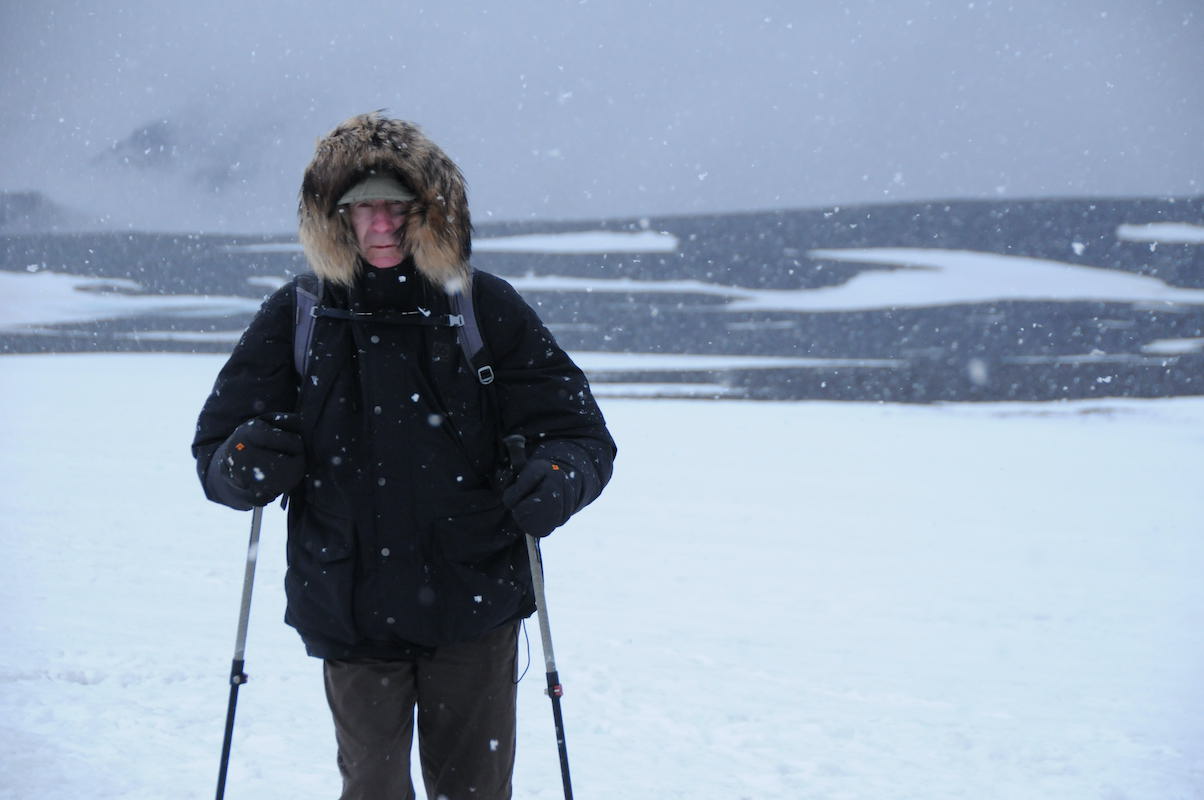
“He’s not quite the person you think he is, which is always going to be compelling,” says director Matthew. “He’s an extraordinary character. There’s contradiction between the man on the posters – the lone explorer standing in the snow – and this guy who’s always hustling, working to make ends meet. The starting point for me was to pick away at that and find out what’s behind it.”
Released in cinemas in July, Explorer sets about doing just that, pulling together an extraordinary amount of archive footage to tell the story of Ranulph’s endless drive to complete his expeditions. But the film is also a love story, and a moving tribute to the adventurer’s late wife and explorer, Ginny.
“It’s definitely been the case that you’re not going to move forward without the advice of the dear lady who is behind you,” Ranulph says of the women in his life – referring both to Ginny, who died in 2004, as well as Louise, his wife of 17 years, and their 16-year-old daughter Elizabeth.
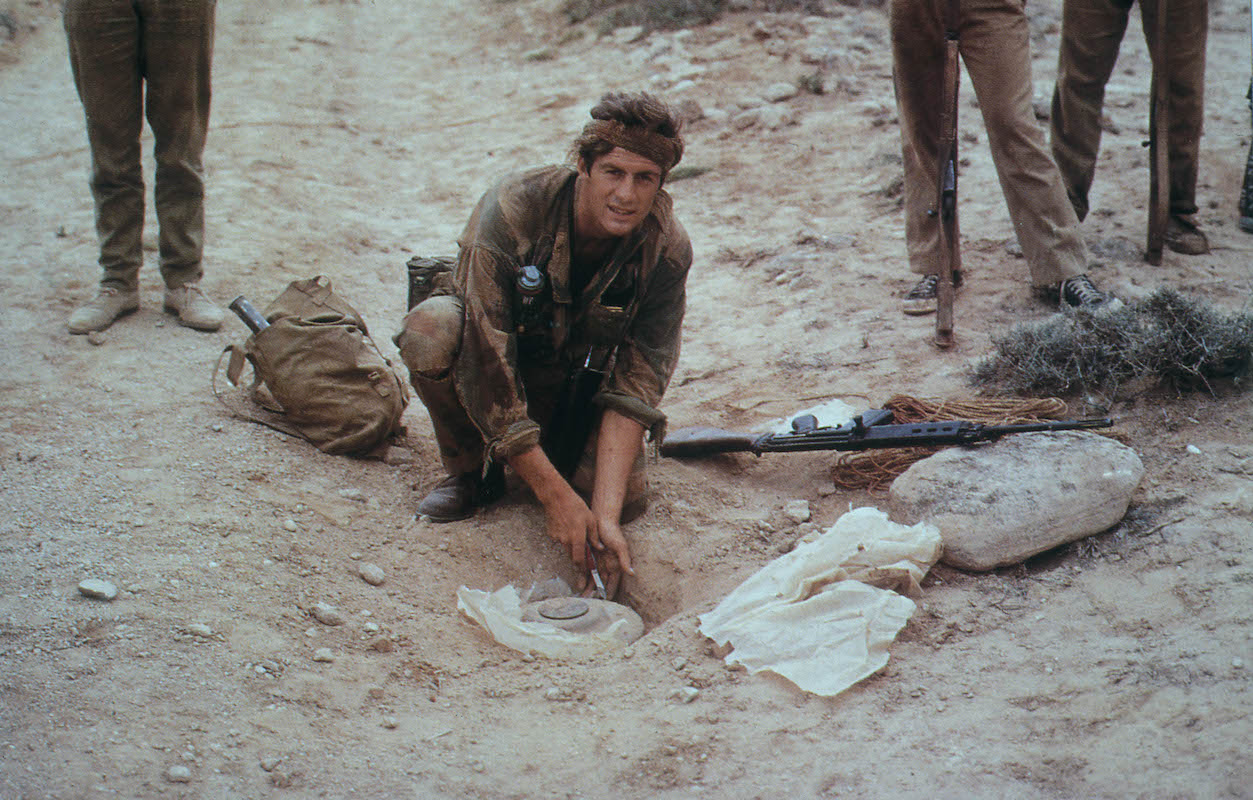
“There is no way that we could have done the expeditions – particularly the Transglobe Expedition – without Ginny in the key planning position,” Sir Ranulph says of his most momentous expedition, which took 10 years to complete. “The conception was hers. It took seven years of planning, working in pubs to make a living, and then three years of travel.”
Finally, in 1982, during the expedition, the party was informed they had to abort the mission for safety reasons: it was Ginny, as base leader, who made the decision to continue.
“At the very last moment of the North Pole trek, on the last floating ice flowing down above Siberia, we were told that we had to abort the expedition. But when the message came through from London, Ginny – who for four years had never missed the correct Morse code orders from London – somehow failed to get that particular account,” he say. “That would have been failure without her.”
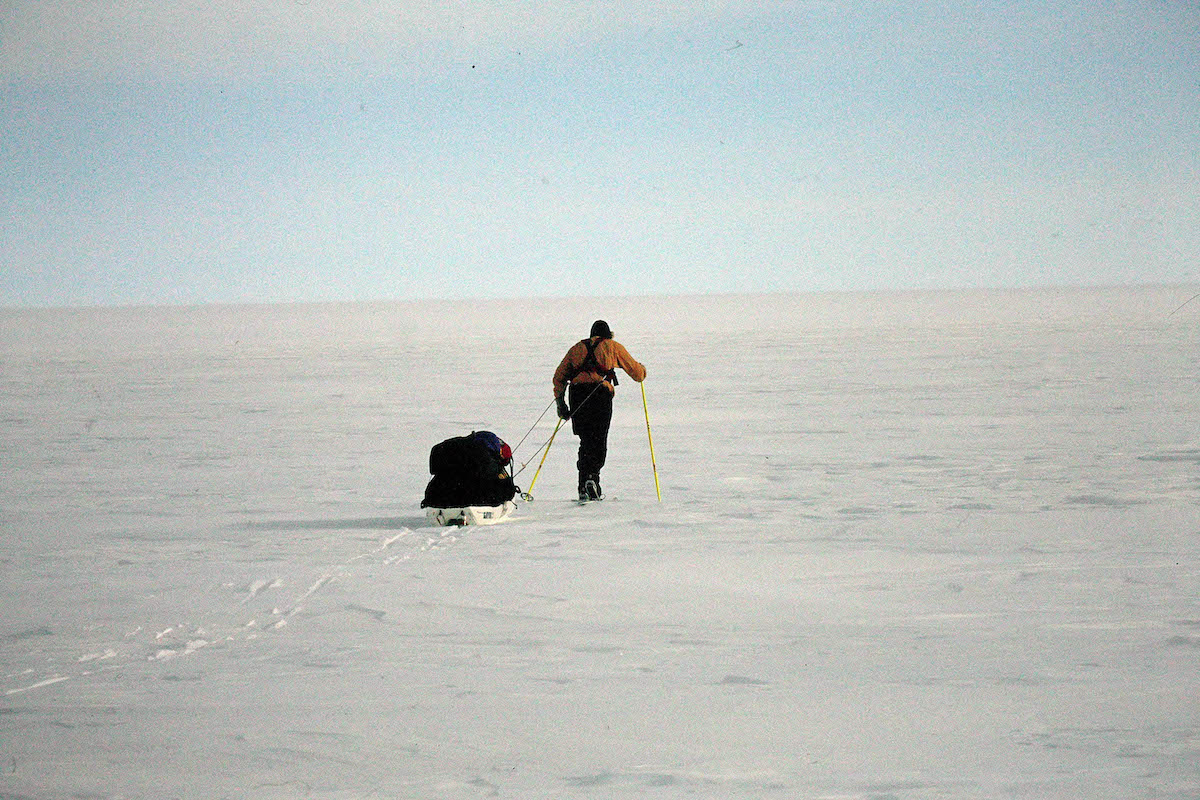
Sir Ranulph met his first wife Virginia ‘Ginny’ Pepper at the age of 12, when she was nine. Childhood confidants-turned-sweethearts, the pair married in 1970. An accomplished explorer in her own right, Ginny organised the first ascent of the Nile by hovercraft in 1968, as well as four exhibitions to find the lost city of Ubar in Dhofar with her husband, before devising the plan that would become the Transglobe Expedition.
So vital was Ginny’s work that she became the first woman to be awarded the Polar Medal and to join the Antarctica Club. After she died of cancer in 2004, a 2,500m high summit in Antarctica – Mount Fiennes – was named in her honour.
But it isn’t just the remarkable feats of their adventurous partnership that viewers see played back in the film; we also see Sir Ranulph discover old family footage. He says his biggest surprise of the filmaking process was: “seeing footage from when I arrived in England from South Africa and met Ginny, moving over the years into marriage at age 24, and through the years of working together”.
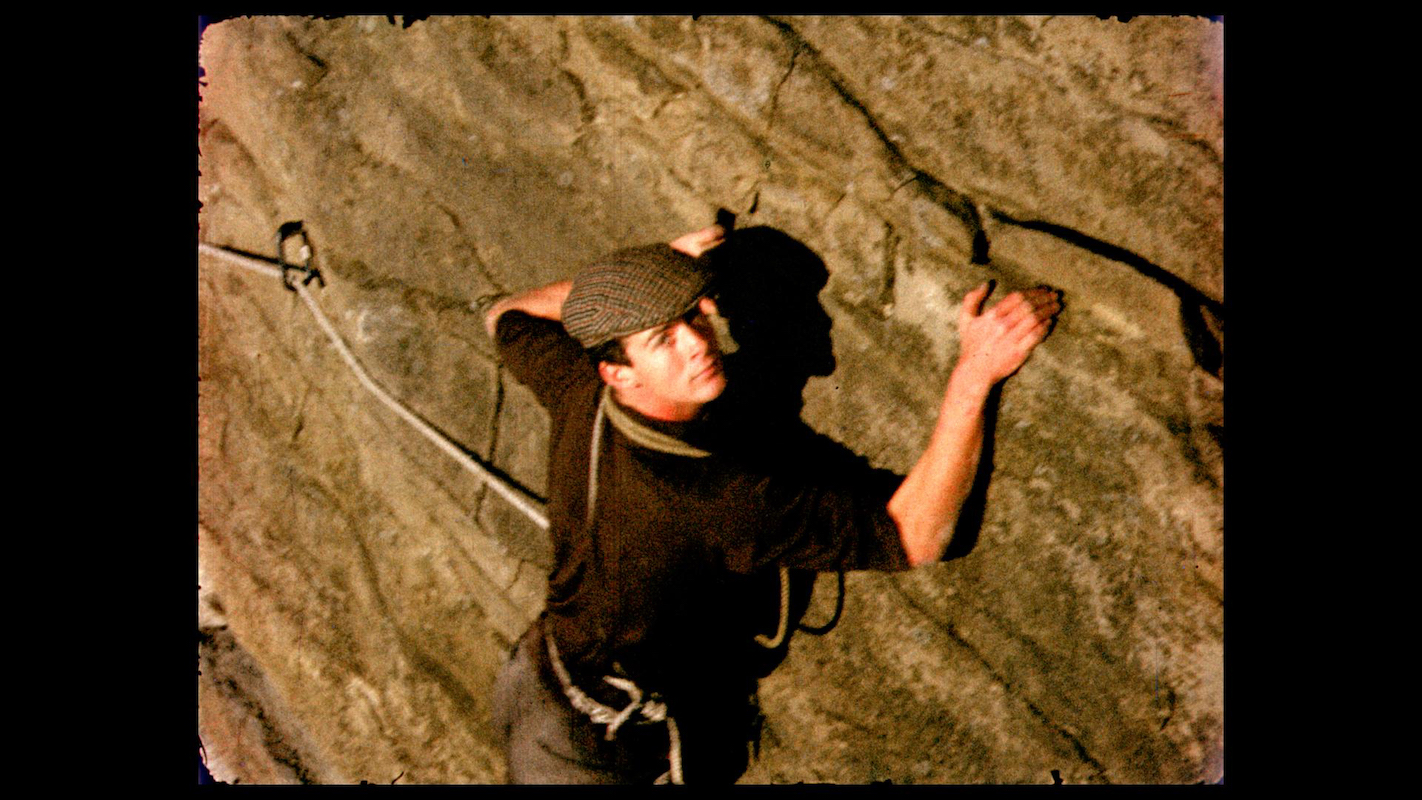
“We were rather like two caged animals becoming closer and closer,” he recalls. “She worked very hard [ for us] to make a profession from doing expeditions anywhere in the world, whether hot deserts or polar areas.”
Today, Sir Ranulph is also famed for his charity work, and says his aim is to raise £20m for charity; though the explorer and author – who has so far raised more than £14m for charities including MS Society, Breakthrough Breast Cancer and the British Heart Foundation – says the link between his expeditions and fundraising was actually inspired by a meeting with his patron of 48 years, the Prince of Wales.
“We didn’t have any charity partnerships to begin with, until one day [oceanographer] Anton Bowring, Ginny and I had to brief Prince Charles on the next expedition, and he asked, ‘Who are we raising money for?’”
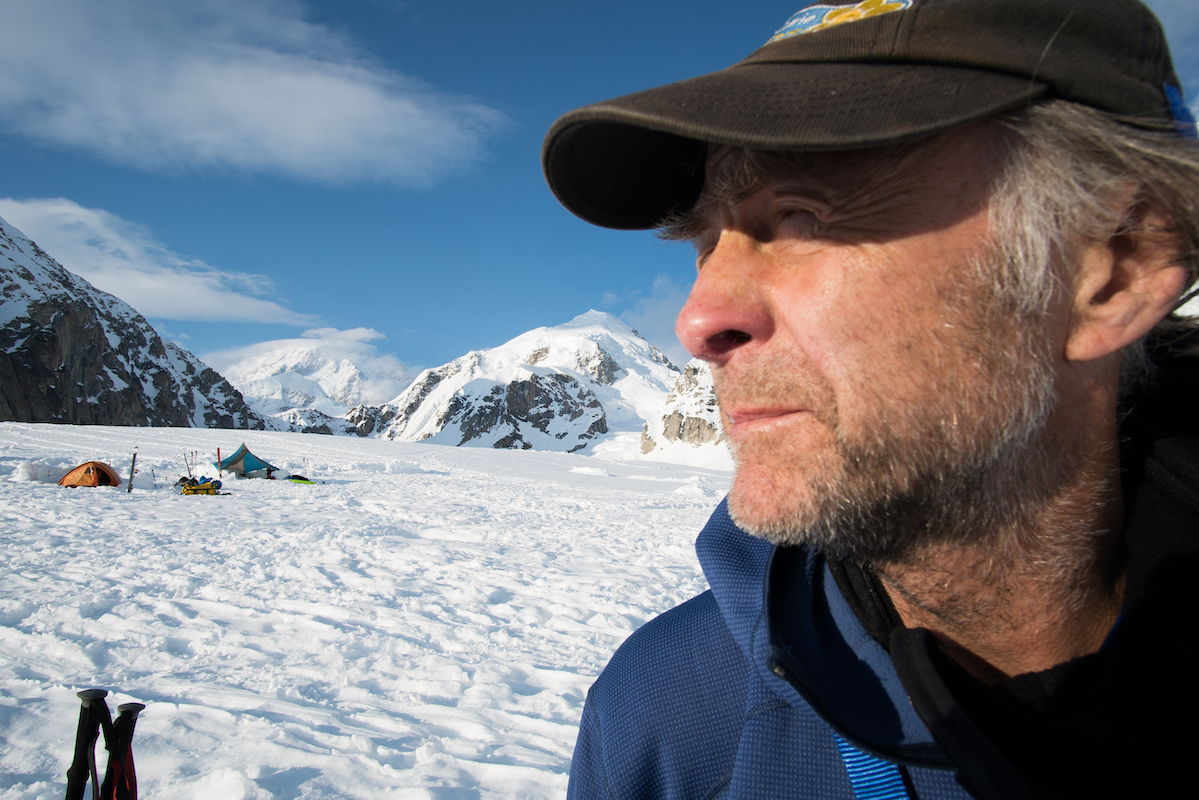
Two months later, Prince Charles proposed the MS Society. Since that time fundraising has become a core part of the explorer’s process. In 2003, despite suffering a heart attack and double bypass surgery just four months earlier, Sir Ranulph raised £70,000 for the British Heart Foundation through his 7x7x7 challenge: seven marathons in seven days on seven continents.
If his persistence and determination to see a challenge through are at all surprising, Matthew says one only has to look to footage of Sir Ranulph as a young man – from school to his eight-year military service – to see the makings of his character. Sir Ranulph served in the Royal Scots Greys, and was seconded to the Special Air Service as a demolition expert, before spending his last two years attached to the army of the Sultan of Oman.
“I think there were plenty of surprises with the authenticity of the experience that you get from the archive footage, but particularly the [ footage] in Oman, which Ran actually filmed himself,” says Matthew. “There are soldiers walking across the sand dunes, at sunset, and one looks like he’s being mean, and then he cracks up and speaks to Ran, who’s operating the camera. When you break it down, you realise Ran was capturing something very rare for this generation; this intimate stuff with soldiers from a completely different culture. It was really beautiful.”
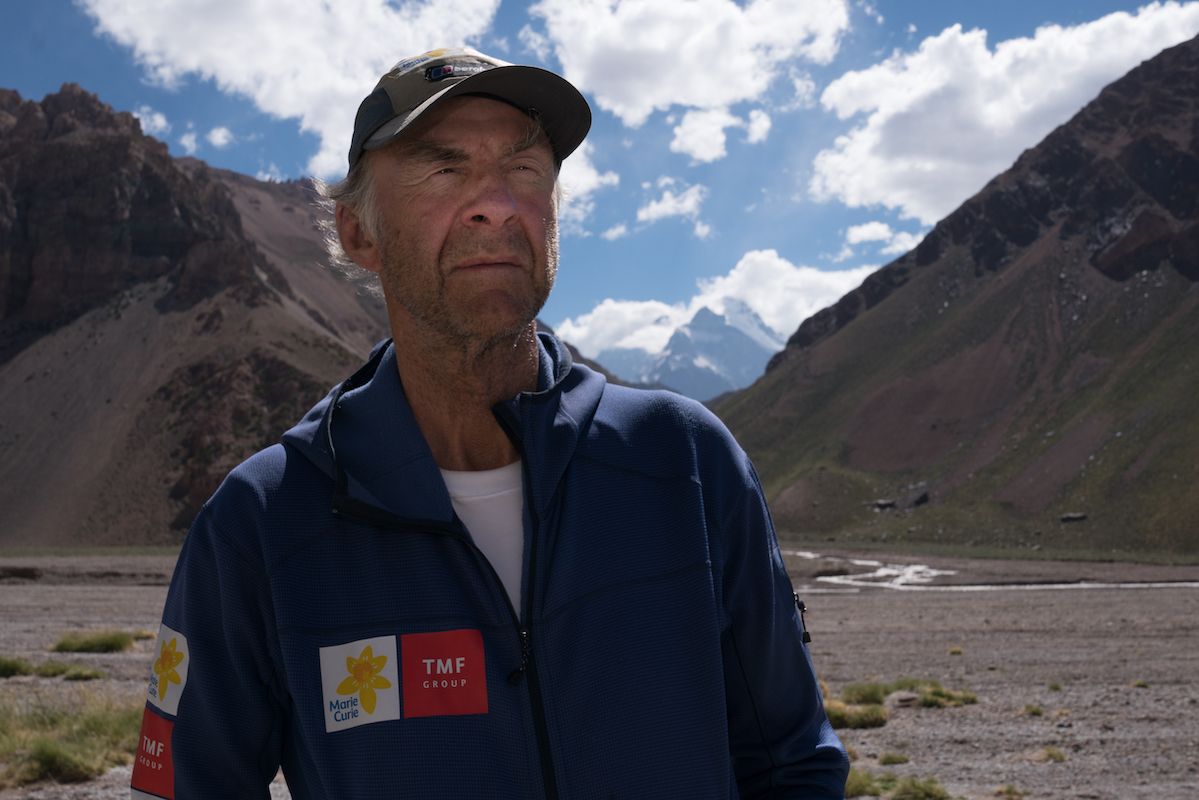
Explorer not only traces Sir Ranulph’s past and present, but also looks to his future: his pride in his daughter Elizabeth’s conservation work and his typically pragmatic thoughts about his own legacy provide moving moments.
“Explorer is a love story,” says Matthew. “It’s a story about getting older and about friendship, as well as the romance and history of exploring itself.”







